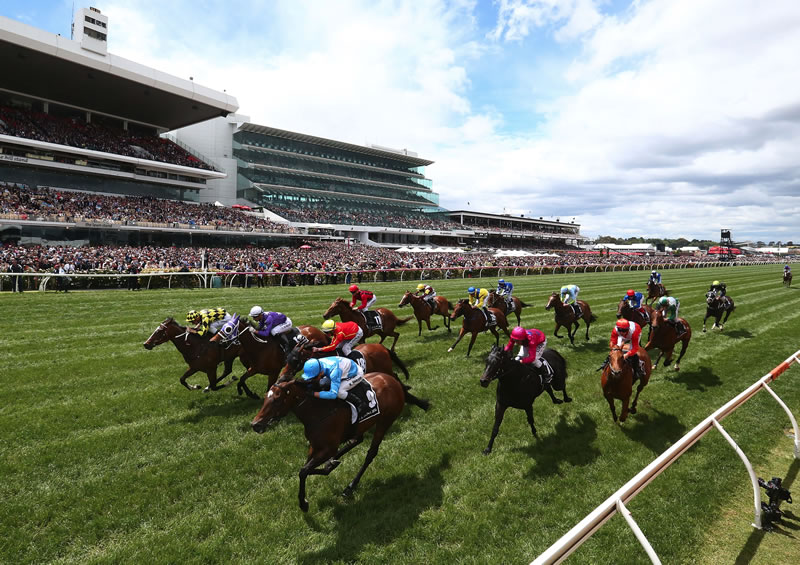Betting on the horse races, whether physically at the track or online from home, is a skill that’s built with knowledge. The more knowledge you gain as a punter, the better your odds are of betting on a winning horse. If you’re looking to place a bet on the horse races, you’re likely wondering the same thing as every other punter at the track: “Which horse is going to win, and how can I up my chances of picking a winning horse?” Although there’s no shortage of betting tips available to you, it is important to first ensure you understand the betting process. It’s also important to know that getting to know the horses and acquainting yourself with their histories can benefit you and your winnings. Learn here on the best ways to decode a betting tip and increase the chance of chosing a winner.
The Different Strokes for Punters: Betting Options
Picking the right horse makes the difference between a profitable punting hobby and leaving with nothing, but you can also benefit from making strategic bets and combining the different betting options in order to leverage your participation in the horse race.
Win betting is the first and most straightforward type of bet, whereby the punter can bet that any chosen horse will win a single race. This is most beneficial to a punter who has particular interest in a particular horse, especially when the horse is well known to the punter or the punter has researched the horse’s history.
Place betting is an option that is safer than a win betting tip, allowing the punter to win on a particular horse’s performance in the race should that horse come in first, second, or third. An each way bet is similar to a place bet but involves a place dividend, allowing the punter to collect on both his winnings and place dividend should the chosen horse come first, and just the place dividend in the case of second or third place.
Future horse racing betting is another option, allowing punters to place bets well in advance. Placing your bets a few days prior to race day is a great way of securing better odds. Other exotic bets (although more difficult to win) pay out a lot more. For example, a Trifecta bet requires the punter to correctly select which horses will place first, second, and third—in the correct order—and First 4 betting requires the same from first to fourth place. A Quaddie requires the correct selection of race winners of four different races, and a BIG6 bet requires the same for six different races.
Choosing the Winning Horse: Odds, Track, and Form
1. Odds
Bettors should always consider their odds before making a bet on a horse: the more people that bet on a horse, the lower the odds are of winning. This means that simply following the crowd is not the best strategy. Rather, having the knowledge to step away from the majority and make a bet on a less popular horse can increase your winning odds drastically. Some punters will “follow the money” and bet where the odds are coming in. They make the assumption that the odds are moving because of large bets by professional punters that have done the hard homework on the race. Odds are constantly fluctuating, so punters should keep a close eye on them. Different horse tracks will allow for Fixed Odds bets, but the winnings on these bets are naturally limited.
2. Track
The different tracks should be kept in mind by the punter. For an experienced punter, it becomes apparent how different tracks are handled by different horses. Some tracks naturally suit certain horses over others. Remembering that a horse’s performance in a race is dependent upon the track, as well as other conditions such as the weather, is important while punting.
Form is the key to almost every horse racing bet. Without form, or the review of a horse’s record, giving any tips would be much more difficult. Bettors should follow a horse’s form and look for consistency in their record. Choosing the horses that are first or second in the betting market is a sound piece of advice. According to the statistics, first and second favourites take the win of 51% of their races, while non-favourites win slightly less at 49%.
3. Form
When reviewing the form of a possible winning horse, a punter may opt to bet on a horse that’s raced at the particular track in the past and over the same distance. Knowing that a horse is familiar to the track and distance is a huge advantage to their possibility of winning. Studying the likes and dislikes of different horses is a betting tip that some of the most successful punters have suggested, but one that takes time, dedication, and insight.
As a dedicated bettor, you will learn the outcomes of the many bet tips first-hand at the horse races. The great thing about the sport of punting is that your strategic betting skills will only grow with time spent at the racetrack and knowledge gained from the sidelines.

